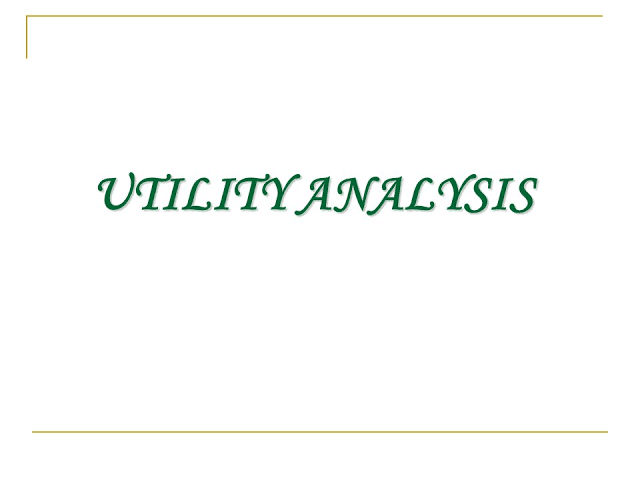What is utility?
A customer is the one who usually determines his demand for goods on the basis of the satisfaction (utility) that he procures from them. So, what is a utility?
Utility of goods is their want-satisfying capability. More is the aspiration to have the goods, the more is the utility procured from them. Utility is instinctive. Distinct people can get different degrees of utility from the same goods. For instance, someone who likes sweets will get much higher utility from a sweet than someone who doesn’t like sweets.
The utility that an individual obtains from the goods can differ with the change in location and time. For instance, utility from the use of an air conditioner certainly relies upon whether the person is in Srinagar or Jaipur (location) or whether it is winter or summer (season).
Approaches that elucidate consumer behaviour
Cardinal utility analysis: Cardinal utility is defined as the perspective that is put forward by the economists who presume that utility is quantifiable and the consumer can convey his or her contentment in fundamental or measurable numbers, such as 2, 3, 4, and so on.
Measures of utility
Total utility: Total utility of a determined quantity of goods or commodities (TU) is the total contentment procured from utilising the given amount of some goods ‘p’.
Marginal utility: MU is the difference in total utility due to the utilisation of one extra unit of goods or commodities.
Ordinal utility analysis: The customer does not quantify utility in numerals. The theory of customer decision-making under constraints of certitude can be, and mostly is, conveyed in terms of ordinal utility.














0 Comments